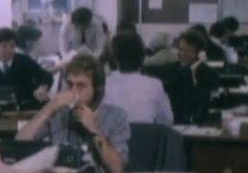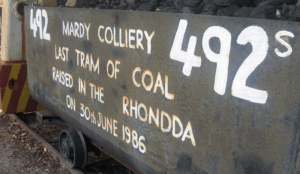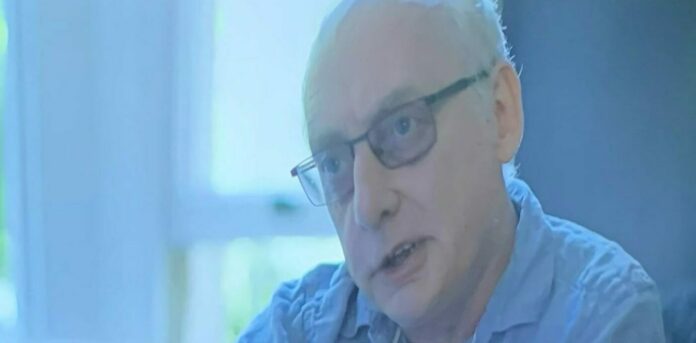- Greener with envy… - 28th January 2026
- Go Wynne - 27th January 2026
- Parallel lines - 26th January 2026

During 23 years with The BBC, and a 41 year journalistic career (when he was trained to use clear and simple language, avoiding jargon), our Editor, Welshman Phil Parry has witnessed extraordinary industrial upheaval in Wales, and this is now emphasised by the closure of the steelworks at Port Talbot, as well as with accusations today from senior politicians that governments are not doing enough to save jobs.
It has been incredible to watch.

When I started in journalism in 1983, Wales (particularly South Wales) was largely defined by heavy industry, especially coal mining.
A trick question in interviews at BBC Cymru Wales (BBC CW) was: “List the Welsh coal mines”, and there were lots of them so it took a long time.
But if you didn’t include the one in NORTH Wales (Point of Ayr), you were in trouble.


On Wales Today (WT) at the time, it was a big story if just ONE of those pits closed.
When the coal industry was nationalised in 1947 there were were 250 collieries in Wales, now there are none.
The last to close were Carway Fawr (1992), Point of Ayr (1996), Tower (2008) and Aberpergwm (2011).
But it wasn’t simply coal – the steel industry too was massively important.
 This was brought home to me last month when blast furnace number four began winding down at Tata Steel in Port Talbot bringing to an end traditional steel production there, with 2,500 jobs about to go.
This was brought home to me last month when blast furnace number four began winding down at Tata Steel in Port Talbot bringing to an end traditional steel production there, with 2,500 jobs about to go.
Opposition politicians have been on the attack, while Labour ones have been on the defensive over this.

Rhun ap Iorwerth the leader of Welsh nationalist party Plaid Cymru (Plaid) declared: “The Prime Minister promise(d) that he had a plan for a viable future for steel, that he’d fight for every single job in Tata and for the future of steel in Wales. Can the First Minister tell us why Labour gave up that fight?”.
For her part the (Labour) First Minister of Wales (FMW) Eluned Morgan appeared strident in her defence of her party’s approach, although, frankly, it was pretty feeble.

She said defiantly: “…the fact is that the Labour Government came in and we have been able to negotiate a better deal than the Tories”.
The deal for Wales generally may or may not be ‘better’, but it is certainly different if young people work in coffee bars or call centres now rather than making steel or hewing coal…

The memories of Phil’s astounding, decades long award-winning career in journalism (including his many years at the BBC when the shutting of a single colliery made the news) as he was gripped by the rare neurological disabling condition Hereditary Spastic Paraplegia (HSP), have been released in a major book ‘A Good Story’. Order it now.
Tomorrow – why for Phil numbers have always been difficult, although paramount (whether reporting casualties, assessing the size of protest marches, or showing how economies are faring), and now this is underscored by figures emerging from the Middle East, where the total of those killed by Israel continues to mount, but its economy is shrinking.









